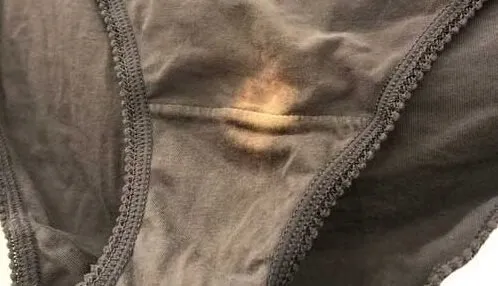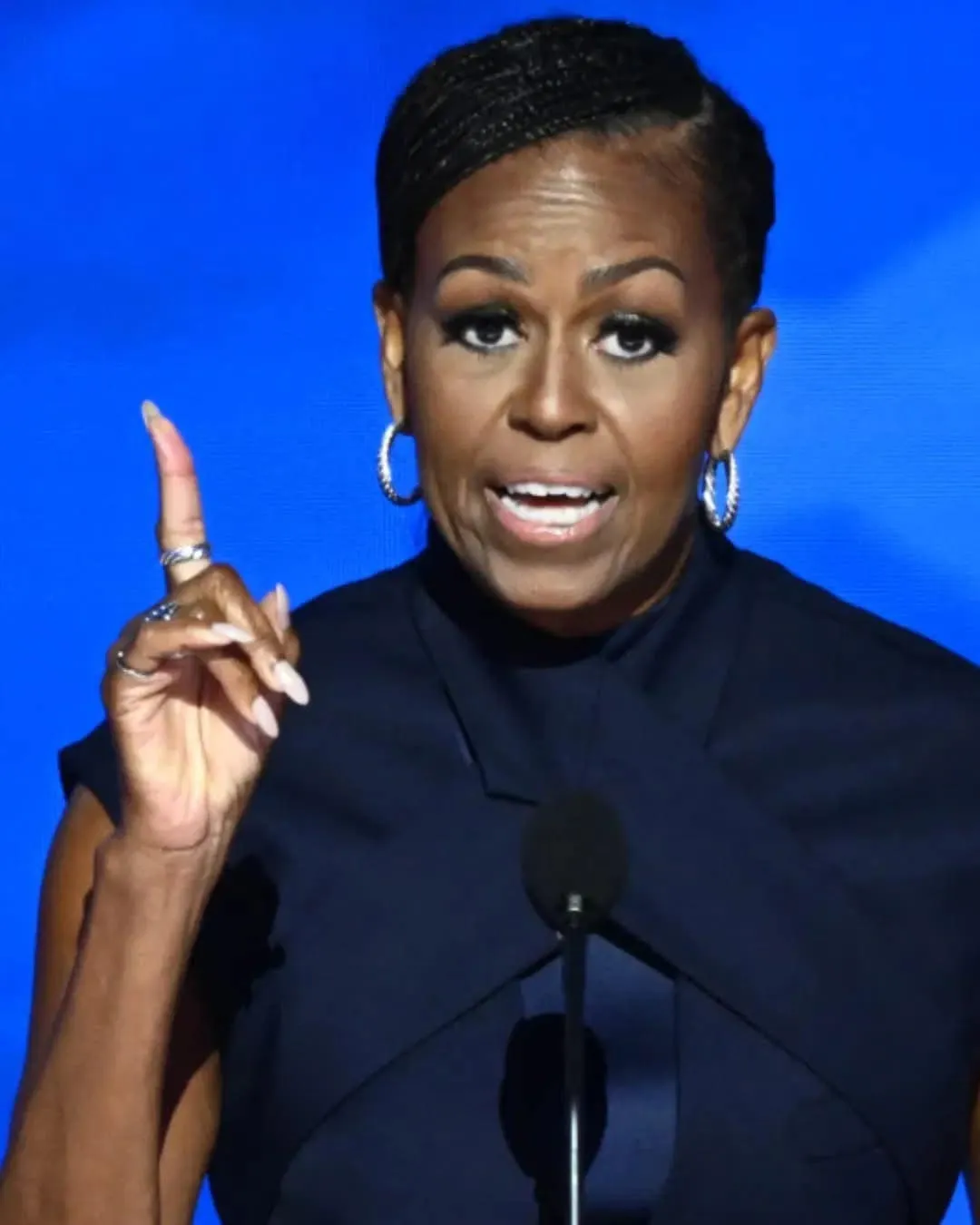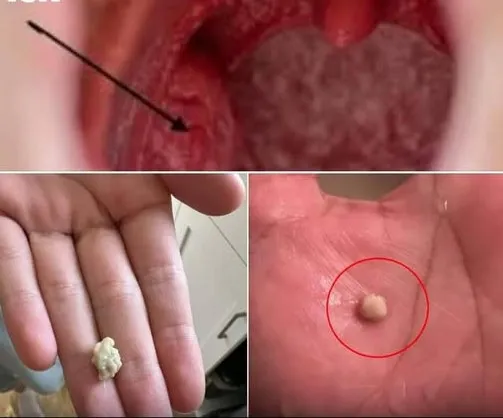John Stamos recently took to social media to show his support for former Full House co-star, Dave Coulier, amid his cancer diagnosis.
In a trio of photos shared on Instagram, Stamos sported a bald cap alongside a freshly shaved Coulier.
“Nothing like throwing on a bald cap and flexing some Photoshop skills to show some love and solidarity with my bro @dcoulier,” Stamos captioned the photos.
While the pictures received over half a million likes, thousands of people left comments with many questioning the appropriateness of the situation.
“God bless Dave but is this really appropriate? A bald cap is showing solidarity? You can just take your cap off and be ‘normal’ again. When people take this route they actually shave their head. I can’t help but feel that you’re using Dave’s diagnoses as a way to make yourself more likeable,” one person wrote.
Another commenter called Stamos’ gesture “shallow,” berating him for using a bald cap and then sharing the photos on Instagram “to get those likes.”
“Hate to be that person but this is more insulting by putting on a bald cap then not shaving ur head,” read another comment.
John Librett, PhD, MPH, cancer survivor and founder of Survivor Healthcare, spoke with Newsner about the controversy surrounding Stamos’ show of support.
“An approach to cancer treatment is an effort toward patient centered care, also known as person-centered care. Responding to what is important for the patient, this approach puts the patient’s needs and preferences at the center of all care decisions,” Librett says.
While many took offense to the General Hospital alum’s bald cap, Librett pointed out it wasn’t their place to judge.
Librett explained how a cancer diagnosis is “extremely personal,” and people handle it in different ways.
“For instance, when I had cancer I was contacted by a clinic that wanted me to join their support group,” he recalls. “I attended one support group meeting. For me, this was a very depressing and deflating experience.”
The meeting consisted of members expressing their “personal anger and frustration” with various aspects of their journey with cancer. Although potentially helpful for some in attendance, Librett found the support group to be of little help.
“I was interested in exploring my cancer experience from a perspective of compassion and curiosity,” Librett says. “When I had cancer I did not want to go to war with my cancer, battle my cancer, or fight my cancer. Instead, I asked my cancer – what are you here to teach me? My cancer taught me that we need a shift in language and perspective – a shift from fighting a war on cancer to recognizing cancer as a crisis.”
Coulier, who only announced his Stage 3 non-Hodgkin lymphoma diagnosis on November 13, defended his longtime friend with his own post on Instagram.
“It’s our friendship (me and John) and this is how we are handling a very tough time. I’m a comedian and humor is what drives me. John knows how to cheer me up and I laughed out loud when he arrived wearing a bald cap — being a true loving friend and brother,” he wrote.
“I have heard from so many people who have been inspired enough by my words and actions to say that they are going to check in with their doctors and get mammograms, a colonoscopy or a prostate exam,” he continued.
Despite the negative comments, the actor promised “to laugh in the face of adversity” as he continued his battle with cancer and spread the word about early detection.
“That’s just who I am.”



